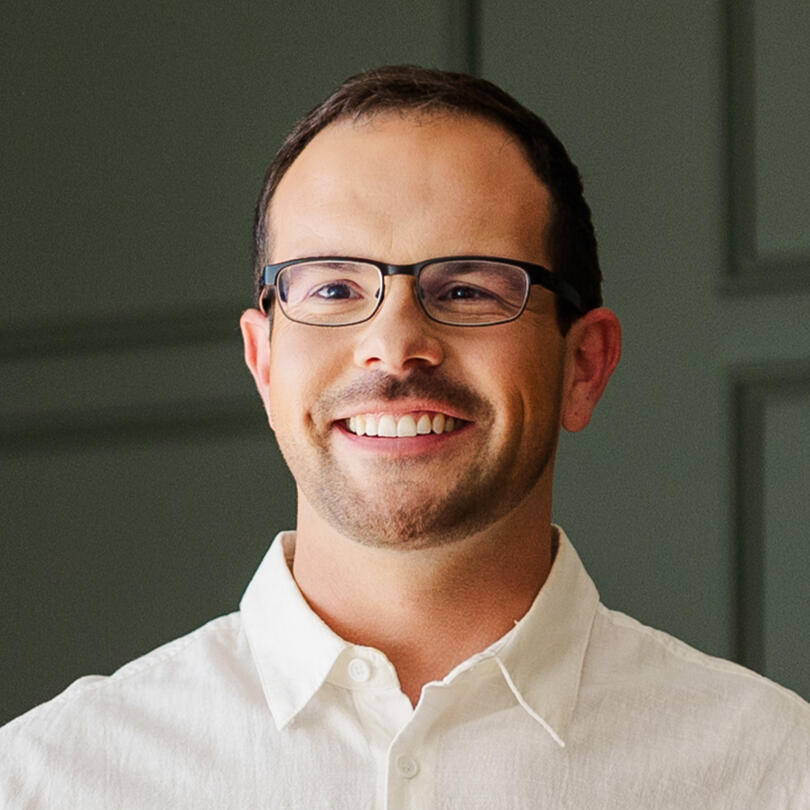
Hey there!
I'm Timothy Frie
I'm a nutritional neuroscientist, neuronutrition educator, public scholar, writer, and the founder of the first neuronutrition professional training provider, the National Academy of Neuronutrition, as well as the first virtual neuronutrition center, the Center for Neuronutrition.My work is focused on exploring the impact of traumatic stress and neurocomplexity on nutritional behavior.I'm particularly interested in the population of neurodivergent people (particularly those late-diagnosed with ADHD, autism, CPTSD, or OCD) who have an autoimmune or neurological condition (and often have a history of a concussion/mTBI), and want to stop chronically dieting, overcome overeating or undereating, and learn how to have a constructive and coherent relationship with food.My work is 100% free of supplement or diet grifts.
Resources for Practitioners
Resources for Everyone